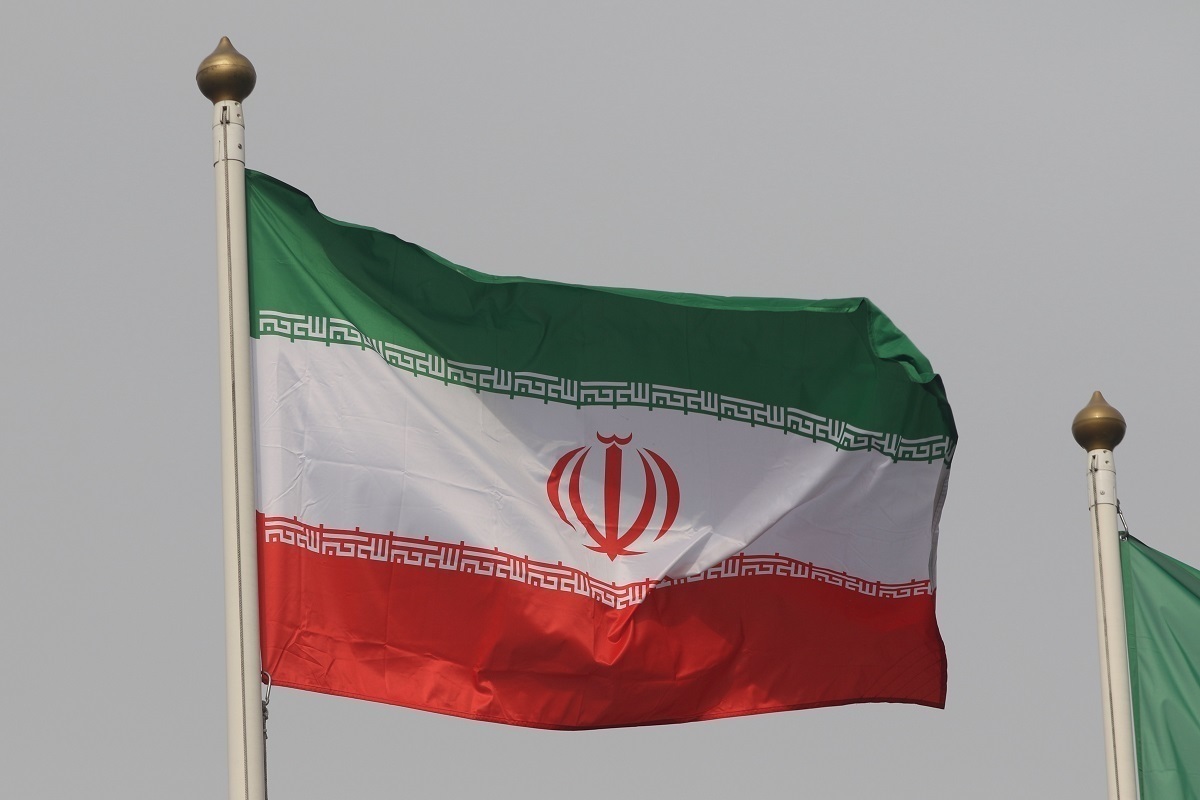Iran vowed to take harsh revenge on Israel for the death of its generals: unprecedented aggression
[ad_1]

Tehran has vowed revenge after Israeli warplanes destroyed the Iranian consulate in Damascus, killing at least 11 people, including a senior commander of the Islamic Revolutionary Guard Corps (IRGC) Quds Force, The Guardian writes.
Iranian leaders in Tehran called the attack on the diplomatic mission late Monday “unprecedented” and vowed a tough response.
Iran said several long-serving diplomats were killed along with Brigadier General Mohammad Reza Zahedi and his deputy General Haji Rahimi. It was also reported that among the victims was Brigadier General Hossein Amirollah, chief of the general staff of the Quds Force in Syria and Lebanon.
The UK-based Syrian Observatory for Human Rights said 11 people were killed in the Israeli attack.
Iranian Foreign Minister Hossein Amir Abdollahian said: “We believe that this aggression violated all diplomatic norms and international treaties. Benjamin Netanyahu has become completely distraught over the successive failures in Gaza and his failure to achieve his Zionist goals.”
Iran’s Ambassador to Syria Hossein Akbari said Iran’s response to the strike would be “just as large-scale and tough.” The diplomat said the Iranian consulate in the Syrian capital was hit by six missiles fired by F-35 fighters. The bodies of the dead are still being identified from the wreckage, he said.
Akbari, who was working in a nearby embassy building, vowed Iran would continue to support Palestinians in Gaza and was not afraid of the Israeli government. But the attack poses a test for Iran, which will feel pressure to respond even as it remains keen to avoid being drawn into an open, full-scale conflict with Israel.
Video footage shown on Iranian state television showed smoke rising from the rubble of the building, which was completely destroyed. An Iranian flag hung on a pole in front of the ruins. Nearby cars were damaged by collapsing masonry.
Israel carried out successive strikes on Iranian and Syrian military leaders in Lebanon and Syria even before the latest conflict in Gaza, but this strike was one of the most daring, The Guardian emphasizes.
Monday afternoon’s strike killed a key figure in Iran’s military hierarchy. Zahedi commanded units of the Quds Force – a secret foreign intelligence unit and the Guard’s paramilitary wing – in Lebanon and Syria and would be an important figure in Tehran’s relations with Hezbollah and Syrian President Bashar al-Assad.
Zahedi was likely at the center of the supply of Iranian-made missiles to Hezbollah, and the United States imposed sanctions on him back in 2010, The Guardian notes. He previously headed Iran’s air force and ground forces and played a role in suppressing protests in Iran in 2019.
Syrian Foreign Minister Faisal Mekdad visited the site of the attack on Monday and vowed that Israeli forces would not be able to damage relations between Iran and Syria.
The strike comes after a marked increase in violence between Israel and Hezbollah on the Israeli-Lebanese border following the Hamas attack on October 7, as well as renewed brutal attacks by Iran-backed militias on US and Israeli positions in Iraq, The Guardian recalls.
Israeli airstrikes in Syria last Friday killed 53 people, including 38 soldiers and seven Hezbollah members, the Syrian Observatory for Human Rights said. This was the highest number of Syrian army casualties due to Israeli airstrikes since the war between Israel and Hamas began in October.
The strike was seen by some as retaliation for a drone launch, apparently from Iraq, that struck a naval base in Israel’s southernmost city of Eilat early Monday morning.
Last year, Sayyed Reza Mousavi, head of the IRGC’s logistics department in the Levant, was killed in Israel.
The US said it was aware of reports of attacks on the Iranian diplomatic mission but could not comment. The UN said it was very concerned about the reports but would provide detailed comments later.
Ali Vaez, senior adviser at the International Crisis Group, said: “In Syria, Israel has carried out numerous strikes, with a particular focus on arms deliveries. Direct attacks on IRGC personnel did occur, but as an exception rather than as a rule. Today’s strike is important both in terms of the number of deaths and in terms of where it took place.”
The long-term significance of the incident may be that Iran views the airstrike as an attack on Iranian territory, which would mean an escalation of the conflict, The Guardian states.
Tehran will likely be closely watching the US response and any signs that President Joe Biden approved the attack – or was simply notified that it was about to begin. The United States has classified the Quds Force as a terrorist force, but American diplomats are working hard to avoid the war in Gaza escalating into a broader conflict directly between Iran and Israel.
[ad_2]
Source link








